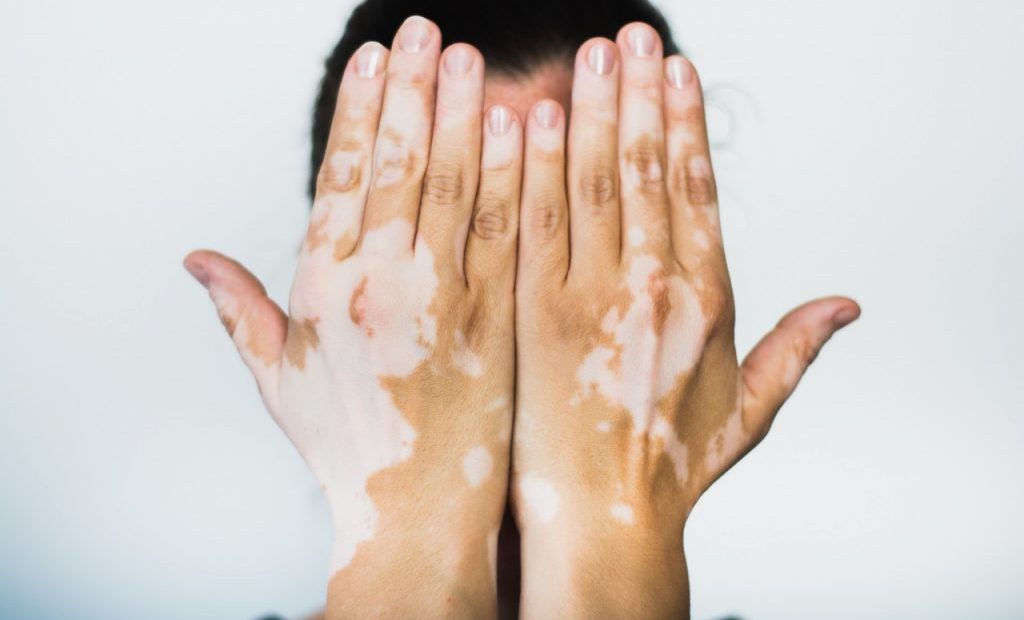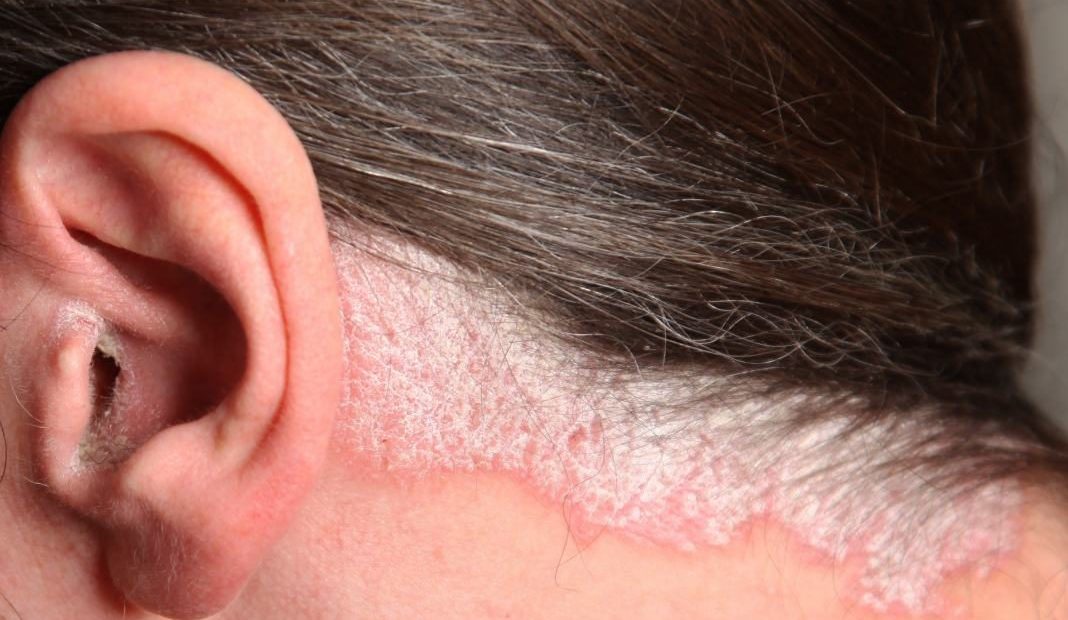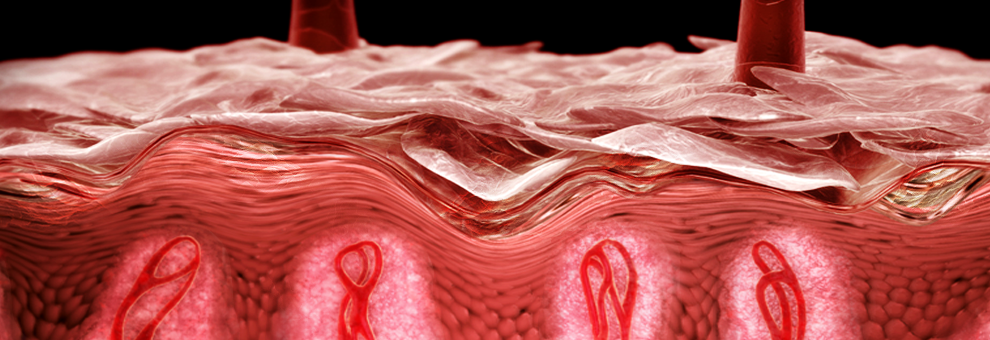Melanin- the natural protector of skin
Skin pigment or Melanin does not just provide the skin colour but also it protects the skin from harmful UV rays. If melanin pigment is lost due to any infection, injury or due to auto immune diseases like vitiligo, the skin becomes extremely sensitive. The skin cells being devoid of melanin and continually exposed to sun/UV rays, get damaged and may lead to skin cancer.
Vitiligo- What and Why?
Vitiligo is an auto immune disorder that causes loss of melanin pigment in skin resulting into uneven white patches. It is a progressive disorder in which the pigment cells of skin get damaged, lose their functional ability of melanin formation and also fail to transfer the melanin content from basal layer of skin to the upper layer which results in vitiligenous patches. Vitiligo problem can only be controlled and never cured completely.
Treat Vitiligo naturally-
Psoralea corylifolia or babchi- It contains Psoralen which on absorption of sun light activates the damaged melanocytes (pigment producing skin cells) resulting into production of melanin.
Wrightia tinctoria or Vetpalai – Augments healing properties of skin.
Indigofera tinctoria- Acts as anti-oxidant and contain natural pigment indigo.
Piper longum or long pepper- Induces multiplication of pigment cells and also helps in the melanin transfer from the basal layer of the skin to the uppermost layer.
Therefore, ointments, oils containing all these herbs can be of great help in managing vitiligo.
But being vitiligo an autoimmune disorder topical therapy alone may not be highly effective and oral medication is also required.


